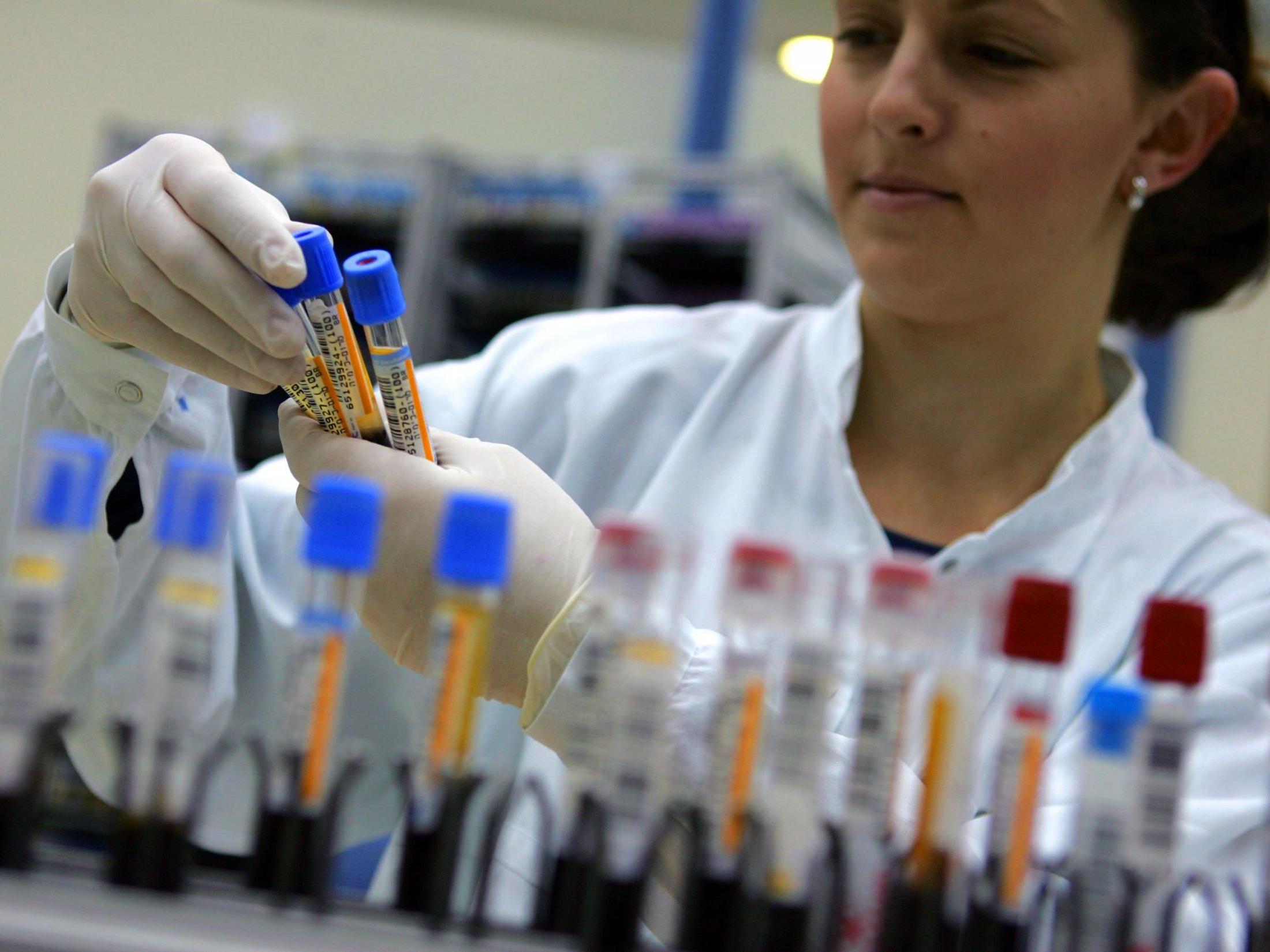New blood test for heart failure offers earlier and better diagnosis
Check slated for NHS use could help hundreds of thousands of patients

Your support helps us to tell the story
From reproductive rights to climate change to Big Tech, The Independent is on the ground when the story is developing. Whether it's investigating the financials of Elon Musk's pro-Trump PAC or producing our latest documentary, 'The A Word', which shines a light on the American women fighting for reproductive rights, we know how important it is to parse out the facts from the messaging.
At such a critical moment in US history, we need reporters on the ground. Your donation allows us to keep sending journalists to speak to both sides of the story.
The Independent is trusted by Americans across the entire political spectrum. And unlike many other quality news outlets, we choose not to lock Americans out of our reporting and analysis with paywalls. We believe quality journalism should be available to everyone, paid for by those who can afford it.
Your support makes all the difference.Scientists have developed a blood test that detects heart failure at an earlier stage and more accurately than current methods.
The new test, which is being earmarked for future use in the NHS, could help hundreds of thousands of people.
At the moment, doctors measure levels of a protein called B-type natriuretic peptide (BNP) in the blood.
Increased levels of it indicate a risk of heart failure, but obesity, advancing age and some medications also push up levels, so the test is not totally reliable.
Experts at Queen’s University Belfast have found a way round this by measuring BNP together with other key proteins in the blood.
Their study identified 25 proteins found in the blood of heart failure patients.
Further tests on 400 blood samples, taken from patients both with and without heart failure, revealed that the 25 proteins plus BNP levels provided a significantly more accurate diagnosis of heart failure, which affects about 920,000 people in the UK.
The test also picks up signs of heart failure before patients report serious symptoms, so can prevent long-term damage to the heart.
Experts are now collecting samples from patients across the UK, Ireland, France, Greece and the US to confirm their findings.
Dr Sonya Babu-Narayan, associate medical director at the British Heart Foundation, said: “We are seeing a significant increase in people going to hospital with heart failure, as the population ages and more people develop the disease after surviving a heart attack.
“It is vital that heart failure is diagnosed as soon as possible, given there are treatments to delay its progression and to treat symptoms.
“It is early days but if new blood tests like this yield earlier and more accurate heart failure diagnosis, people living with heart failure could receive treatment sooner.”
The findings were published at the British Cardiovascular Society conference in Manchester.
A second study presented at the conference found a postcode lottery of care for heart failure patients.
It also found that around one in seven local services did not have a consultant or a lead physician specialising in heart failure.
Additional reporting by PA
Join our commenting forum
Join thought-provoking conversations, follow other Independent readers and see their replies
Comments